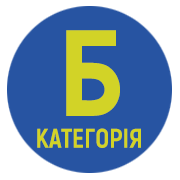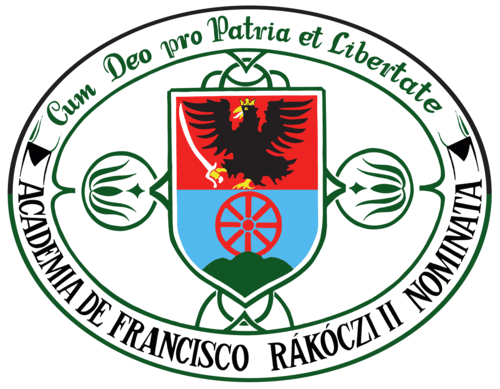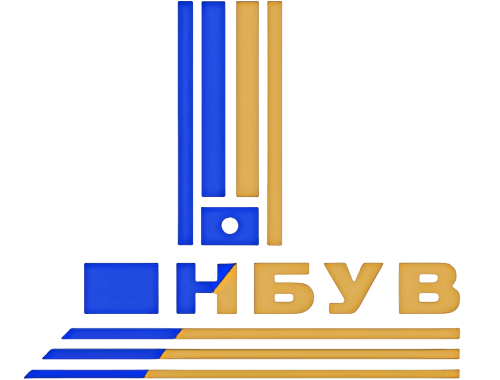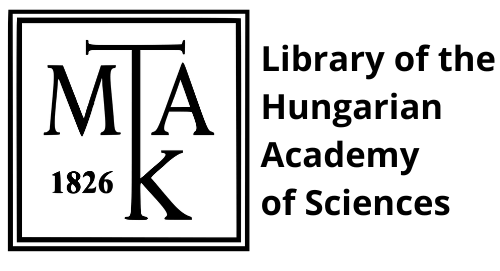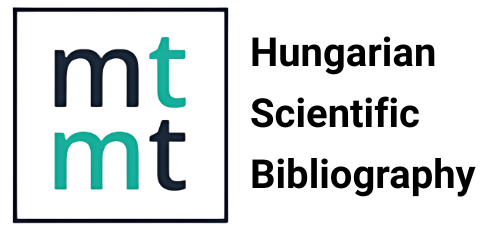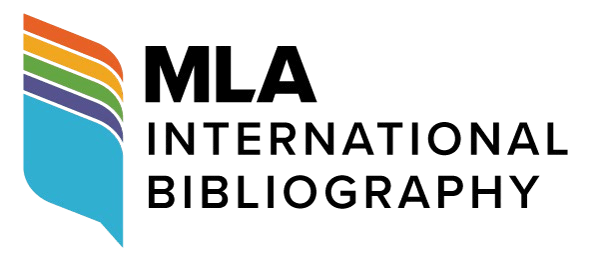A competence-based approach in linguistic research: theoretical foundations, assessment methods, and digital technologies
DOI:
https://doi.org/10.58423/2786-6726/2025-1-45-64Keywords:
assessment, competence, digital technologies, linguistic research, measurementAbstract
Competency-based assessment is an important tool for forming a comprehensive understanding of learners’ progress and their educational achievements. In modern conditions, it acts as a holistic approach that encompasses various aspects of personality development. A key feature of competency-based assessment is its focus not only on academic knowledge but also on the ability to apply this knowledge in real-life situations, which forms the foundation for developing key competencies such as critical thinking, creativity, teamwork skills, and social and civic abilities.
The relevance of the competency-based approach in modern education is driven by increasing demands for preparing pupils who must not only possess knowledge but also be capable of adapting to rapidly changing social and professional conditions. This approach allows the assessment of not only academic achievements but also the ability of learners to apply the acquired knowledge in real-life situations, which is critical for their further development as competent individuals. It also highlights the importance of forming interdisciplinary competencies that help learners integrate into modern society and actively participate in addressing societal challenges.
The assessment system must adapt to the demands of modern society, considering new educational priorities such as the development of critical thinking, problem-solving abilities, teamwork, and digital literacy.
Implementing a competency-based approach in the educational process not only enhances the objectivity of assessment but also ensures the development of individualized educational trajectories that take into account each pupil’s unique abilities and needs.
Thus, modern assessment goes beyond the traditional approach focused solely on evaluating knowledge. It becomes a tool for a comprehensive analysis of pupils’ personal development, their ability to learn, adapt to new conditions, and participate in social life. This allows for a deeper evaluation of their educational achievements and lays the foundation for the further development of the education system towards creating a competent, socially active, and responsible generation.
References
Baranovska, Olena 2008. Kontrol ta perevirka navchalnykh dosiahnen uchniv [Control and evaluation of student learning achievements]. In: Kremen, Vasyl ed. Entsyklopediia osvity. Kyiv: Yurinkom Inter, s. 417–418. (In Ukrainian)
Bilodid, Ivan ed. 1973. Slovnyk ukrainskoi movy v 11 tomakh. Tom 4 (I–M) [Dictionary of the Ukrainian Language in 11 Volumes. Volume 4 (I–M)]. Kyiv: Naukova dumka. (In Ukrainian)
Yermakov, Ivan 2005. Zhyttieva kompetentnist osobystosti: vid teorii do praktyky [Life Competence of the Individual: From Theories to Practice]. Zaporizhzhia: Tsentrion. (In Ukrainian)
Martynenko, Svitlana – Novyk, Iryna 2015. Zastosuvannia diahnostychnykh zavdan u protsesi vymiriuvannia navchalnykh kompetentnostei uchniv pochatkovoi shkoly [The use of diagnostic tasks in measuring the educational competencies of primary school pupils]. Pedahohichnyi protses: teoriia ta praktyka 1–2: s. 101–107. (In Ukrainian)
Martynenko, Svitlana – Oskolova, Mariana 2014. Vyvchennia osobystosti molodshoho shkoliara zasobamy pedahohichnoi diahnostyky [Studying the Personality of Junior Schoolchildren through Pedagogical Diagnostics]. Kyiv: Kyivskyi universytet imeni Borysa Hrinchenka. (In Ukrainian)
Marushchak, Oleksandra 2016. Poniattia kompetentnosti u pedahohichnii diialnosti [The concept of competence in pedagogical activity]. Kreatyvna pedahohika 11: s. 97–108. (In Ukrainian)
Morozov, Serhii – Shkaraputa, Liudmyla eds. 2000. Slovnyk inshomovnykh sliv [Dictionary of Foreign Words]. Kyiv: Naukova dumka. (In Ukrainian)
Pevse, Andrea – Molnar, Hreta – Pavlovych, Yudita 2023. Vykorystannia informatsiinykh tekhnolohii u profesiinii diialnosti pedahoha [The use of information technologies in the professional activity of teachers]. Aktualni pytannia u suchasnii nautsi 12/18: s. 970–980. (In Ukrainian)
Ágoston, György – Nagy, József – Orosz, Sándor 1971. Méréses módszerek a pedagógiában [Measurement Methods in Pedagogy]. Budapest: Tankönyvkiadó. (In Hungarian)
Beregszászi, Anikó – Csernicskó, István 2021. Szövegértési kompetencia-mérés a magyar nyelven tanuló kárpátaljai magyar egyetemisták és főiskolások körében [Reading comprehension competency assessment among Hungarian-speaking university and college students in Transcarpathia]. In: Csernicskó, István – Kozmács, István eds. Kétnyelvűség – oktatás – nyelvmenedzselés. Írások, tanulmányok Vančo Ildikó születésnapjára. Nyitra: Nyitrai Konstantin Filozófus Egyetem. 53–66. o. (In Hungarian)
Beregszászi, Anikó – Dudics Lakatos, Katalin – Hires-László, Kornélia – Pősze, Andrea 2023. A II. Rákóczi Ferenc Kárpátaljai Magyar Főiskola első évfolyamos hallgatóinak körében végzett szövegértési kompetenciavizsgálat eredményeiből [Results of a reading comprehension competency study among first-year students at the Ferenc Rákóczi II Transcarpathian Hungarian College of Higher Education]. Acta Academiae Beregsasiensis, Philologica 2/1: 26–43. o. https://doi.org/10.58423/2786-6726/2023-1-26-43 (In Hungarian)
McClelland, David C. 1973. Testing for competence rather than for “intelligence”. American Psychologist 28/1: pp. 1–14. https://psycnet.apa.org/doi/10.1037/h0034092
Redman, Aaron – Wiek, Arnim – Barth, Matthias 2021. Current practice of assessing students’ sustainability competencies: a review of tools. Sustainability Science 16: pp. 117–135. https://doi.org/10.1007/s11625-020-00855-1
Stecher, Brian M. – Hamilton, Laura S. 2014. Measuring Hard-to-Measure Student Competencies. A Research and Development Plan. Santa Monica: RAND Corporation.
Sturgis, Chris 2015. Implementing Competency Education in K–12 Systems: Insights from Local Leaders. International Association for K–12 Online Learning – CompetencyWorks.
URL1: Zakon Ukrainy «Pro vyshchu osvitu» [Law of Ukraine “On Higher Education”], № 37–38, st. 2004, 2014. http://zakon.rada.gov.ua/laws/show/1556-18 (Accessed: 08.10.2024). (In Ukrainian)
URL2: PISA 2018. Összefoglaló jelentés [PISA 2018. Summary Report]. Oktatási Hivatal, 2019. https://www.oktatas.hu/pub_bin/dload/kozoktatas/nemzetkozi_meresek/pisa/PISA2018_v6.pdf (Accessed: 11.10.2024). (In Hungarian)
Downloads
Published
How to Cite
Issue
Section
License
Authors retain copyright and grant the journal the right of first publication. The work is simultaneously licensed under a Creative Commons Attribution 4.0 International License (CC BY 4.0), which permits others to share the work with appropriate credit given to the author(s) and the initial publication in this journal.

